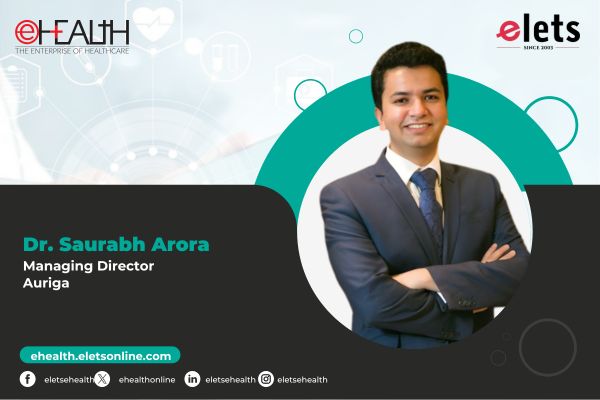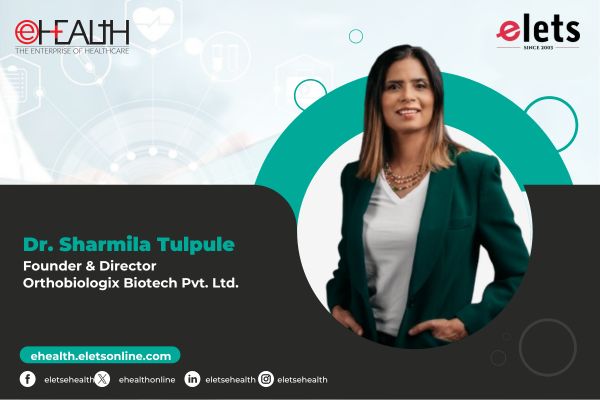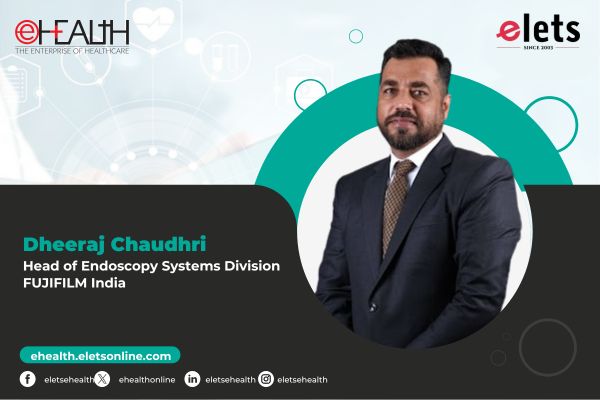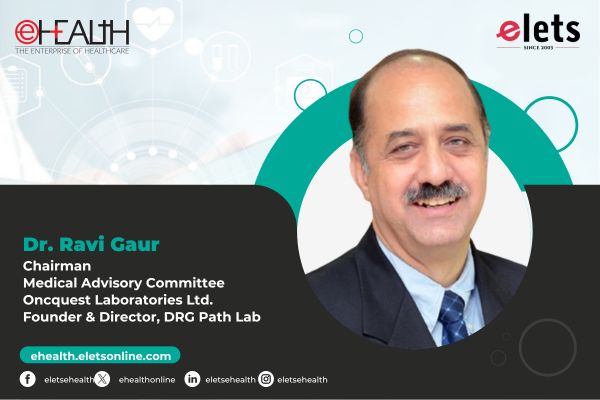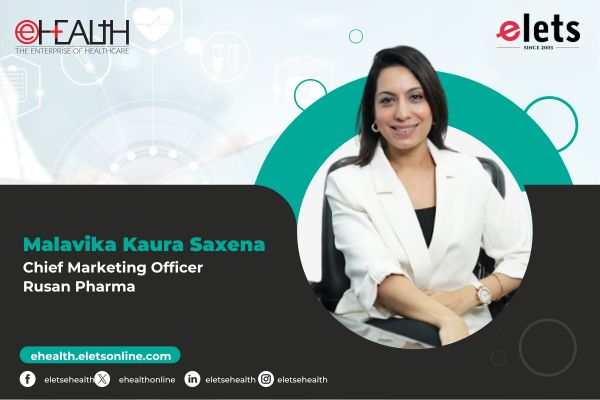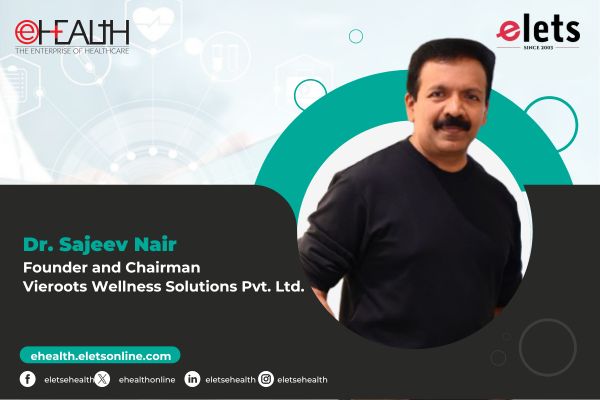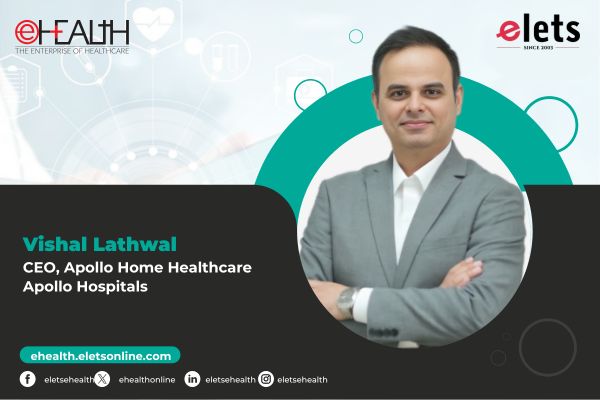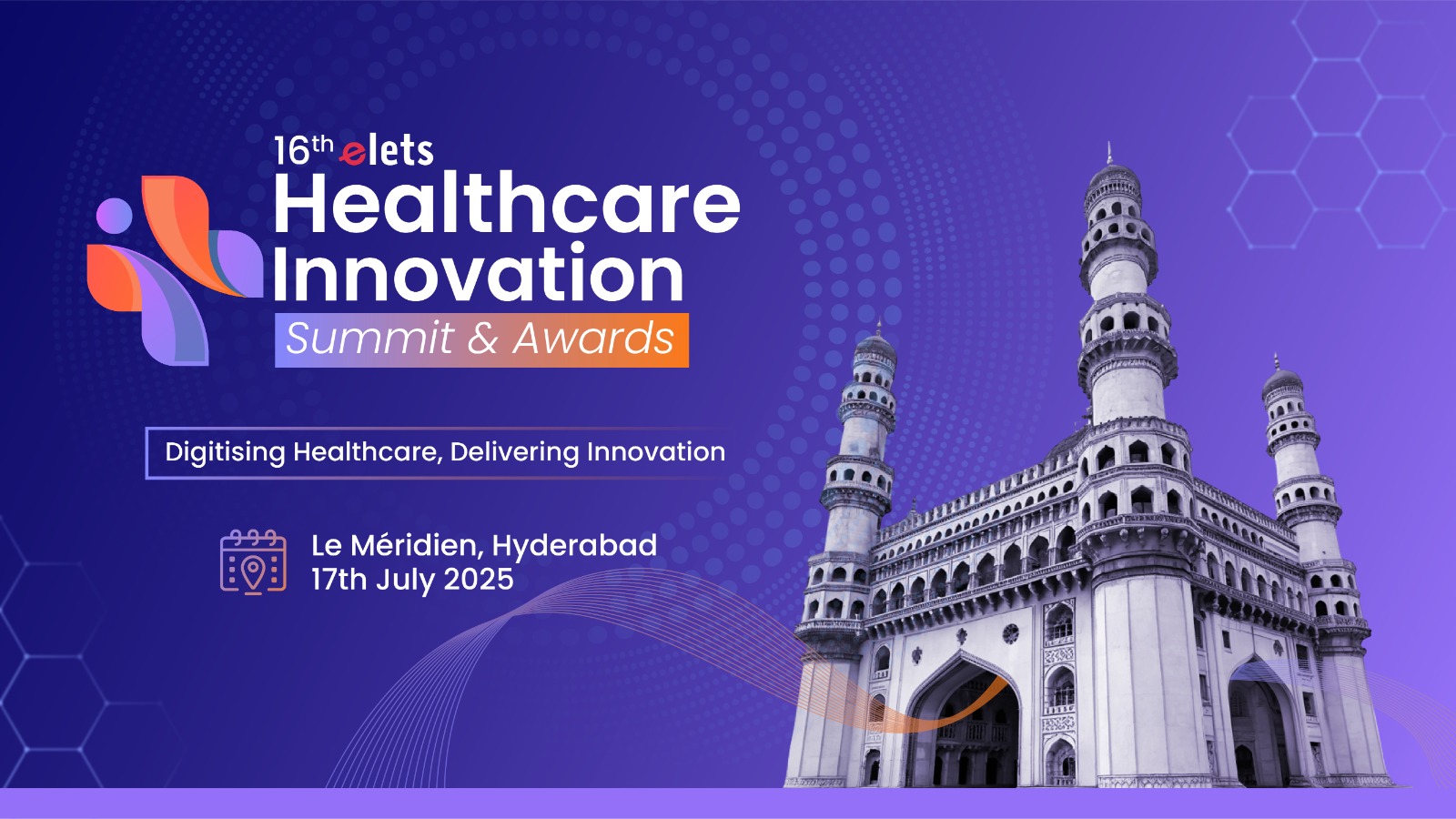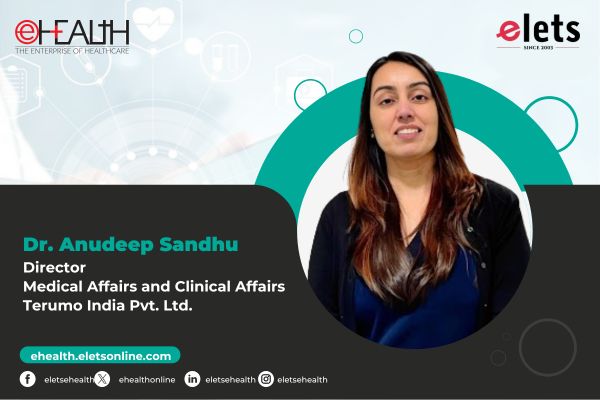
As India’s healthcare system rapidly evolves and advanced medical technology becomes accessible and affordable, we must take a step back and ask ourselves, what good is advanced medical technology if the people using it aren’t equipped to keep up?
From AI-driven diagnostics and robotic surgeries to smart catheters and wearable devices, MedTech is transforming care delivery. But without a workforce trained to handle these tools, the impact will be limited. That’s where education steps in. The real opportunity lies in how medical professionals are re-skilling and up-skilling to unlock the promise of MedTech.

Skilled Hands at the Heart of MedTech’s Growth
India’s medical devices industry is on a strong growth trajectory; it will reach $50 billion by 2030, growing at a CAGR of 16.4%. This is a sign of both increasing demand and government backing through policies like PLI schemes and the MedTech Parks initiative. But the expansive growth in technology brings a key question to the surface – how do we enable HCPs to use these technologies and tools?

A 2024 survey found that 94% of Indian doctors want more. They’re looking for hands-on, simulation-based training that prepares them for real-world situations.

This isn’t about the lack of clinical expertise. It’s about how the nature of healthcare is changing. As digital tools begin to play a bigger role in diagnosis and treatment, traditional medical training needs to follow suit. If we want to see the full impact of innovations – from minimally invasive procedures to better long-term outcomes – we need to close the gap between technology and capability.

When Technology’s Potential Meets Familiarity Gaps
Advanced technology is only as transformative as the professionals who use it. Today’s cardiac stents, imaging systems, and catheter-based procedures demand more than product knowledge, they require procedural familiarity, tactile confidence, and real-time decision-making skills.
While Indian doctors have long been lauded for their clinical prowess, many are navigating a rapidly changing device ecosystem with minimal structured support. The absence of continuous, hands-on education could lead to the underutilization of life-saving tools. As the World Health Organisation (WHO) recommends periodic skill updates for healthcare workers globally. India must consider embedding such re-certification pathways more formally into its MedTech training ecosystem.
The Terumo India Skill Lab: Bridging the Divide
A powerful example of how industry can support this transformation is the Terumo India Skill Lab (TISL). Launched in 2018, TISL is a pioneering initiative that offers simulation-based learning. Platforms like TISL aim to accelerate skill-building and knowledge of healthcare professionals (HCPs) in India by offering a safe environment for HCPs to learn and practice complex procedures without risk to patients. This approach ensures healthcare professionals have the opportunity to continuously learn and upskill in a setting that suits their busy schedules.
These simulate real-world procedural challenges, helping HCPs sharpen decision-making skills in a controlled environment. With more than 1,500 HCPs upskilled annually, TISL supports a wide range of specialities. Our new 32-seater training room, equipped with AV-conferencing, also facilitates remote learning, extending our reach across geographies. At its core, TISL embodies our commitment to enabling clinical excellence across India’s evolving healthcare landscape.
More than a training centre, TISL represents a blueprint for how MedTech companies can become enablers of safe, effective, and equitable healthcare delivery. It also demonstrates that reskilling is not a one-time activity, but a continuous process tailored to evolving innovations.
Reskilling as a Collective Responsibility
While corporate initiatives are commendable, lasting change requires a more systemic approach. Collaboration among medical institutions, policymakers, and healthcare companies could lead to standardised and scalable MedTech curricula. Integrating such modules within MBBS and postgraduate education could build familiarity from the ground up.
Moreover, Public-Private Partnerships (PPPs) offer a strategic route to decentralise and democratise skill-building efforts. These partnerships could tap into initiatives like the Ayushman Bharat Digital Mission (ABDM) to deliver remote, digital-first training modules, especially valuable for doctors in Tier 2 and Tier 3 cities who often lack access to physical labs or workshops.
Also read: Why Missing This Healthcare Cybersecurity Summit Will Cost You Everything
Reimagining the Future of Healthcare Professionals
In the decade ahead, the role of the doctor may evolve from being solely a caregiver to becoming a technology enabler—someone who not only diagnoses and treats but also manages, interprets, and optimises tech-enabled care pathways.
But this future cannot be built on innovation alone. We must ensure that every doctor, whether in a metro hospital or a rural clinic, feels confident in using the tools of tomorrow. The future of MedTech will be shaped not just by what we create, but by who we empower.
It will not solely be defined by innovation, but by inclusion, and by ensuring that every healthcare provider has access to knowledge and skill development. And inclusion begins with creating pathways for learning, unlearning, and relearning.
Views expressed by: Dr. Anudeep Sandhu, Director – Medical Affairs and Clinical Affairs, Terumo India Pvt. Ltd.
Be a part of Elets Collaborative Initiatives. Join Us for Upcoming Events and explore business opportunities. Like us on Facebook , connect with us on LinkedIn and follow us on Twitter , Instagram.
"Exciting news! Elets technomedia is now on WhatsApp Channels Subscribe today by clicking the link and stay updated with the latest insights!" Click here!






